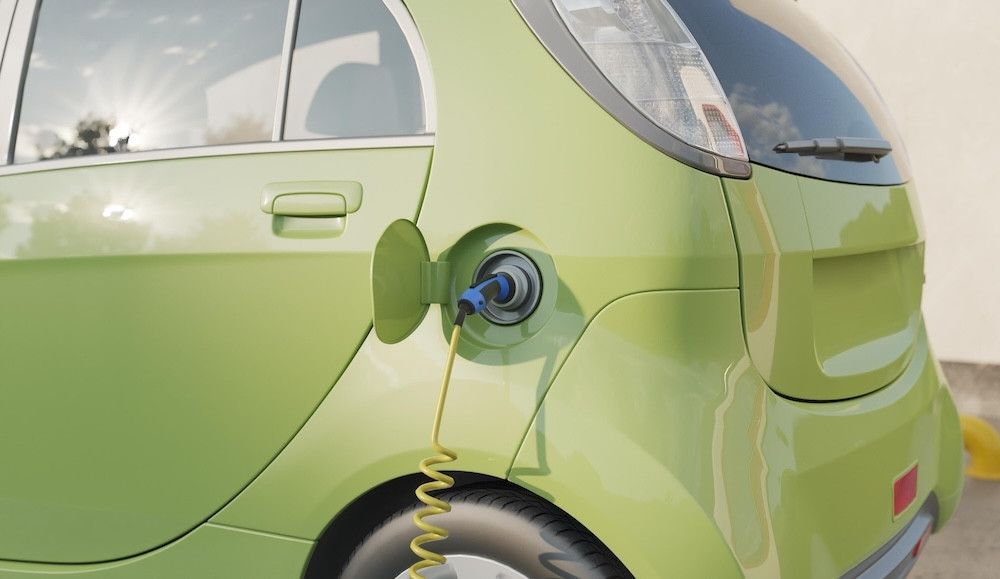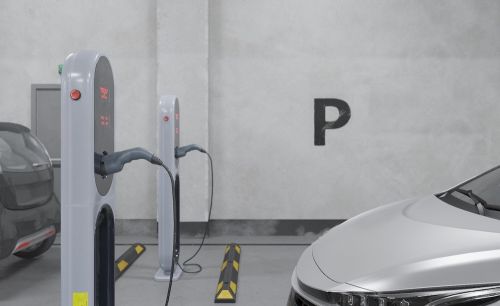Palki Motors Is Proving That Bangladesh Can Build Its Own Affordable Electric Cars


Cut through the green tape
We don't push agendas. At Net Zero Compare, we cut through the hype and fear to deliver the straightforward facts you need for making informed decisions on green products and services. Whether motivated by compliance, customer demands, or a real passion for the environment, you’re welcome here. We provide reliable information—why you seek it is not our concern.
When ride-sharing drivers in Dhaka think about upgrading their cars, they usually face a stark choice: import an expensive petrol or CNG sedan or keep repairing the one they already have. Palki Motors, founded in March 2022 by engineer-entrepreneur Mustafa Momin, wants to offer a third path. During a conversation on 23 June 2025 with our Co-Founder, Karol Kaczmarek, Momin described how his team built Bangladesh’s first domestically designed electric car, why it sells for just $12,000, and what it will take to scale production.
🎥 Watch the full interview with Mustafa Momin, Founder of Palki Motors, as he shares how affordable, locally built EVs are transforming urban mobility in Dhaka.
From Side-Street Workshop to Local Assembly Line
Momin began prototyping with only $4,000 and a single mechanic after an earlier start-up collapsed. A nine-month sprint produced the first working vehicle and attracted sixteen advance orders. Feedback from those early adopters shaped version 2, launched in July 2023, and the City Boy version 3 prototype that is due in January 2025, ahead of commercial release in September. Every chassis and body panel is now fabricated in Dhaka from Bangladeshi steel and fiberglass, which keeps 52% of the bill of materials domestic and gives Palki full control over weight and dimensions.
Purchase Price and Running Costs Beat CNG
A typical CNG sedan on Dhaka’s roads costs about $22,000 before registration, whereas a new Palki Motors EV costs $12,000. Covering a 150-kilometer shift consumes fuel worth roughly $4 in a CNG car but electricity worth only $1.50 in a City Boy. With no oil changes, spark-plug replacements, or gearbox overhauls, scheduled maintenance is minimal for the first three years. Add it all up, and Momin estimates that the total cost of ownership over five years is 52% lower than a fossil-fuel equivalent.
Affordability still matters, so many customers combine savings earned abroad with micro-finance loans arranged through non-governmental organizations. Palki is also negotiating a five-year vehicle-backed lending program whose daily repayment would be lower than the fuel costs most drivers pay today.
Charging Without Overloading the Grid
Dhaka traffic moves at an average of eight to nine kilometers an hour on flat terrain. That reality allowed Palki engineers to fit an 18-kWh lithium iron phosphate battery and a 15-kW traction motor, just enough for city duty cycles and far smaller than the packs used in export-market EVs. A 20-to-80% recharge is targeted at 35 minutes, which means two drivers can share one car on twelve-hour shifts.
Grid constraints remain a concern, so Palki is working with property developers on solar-plus-battery micro-grids at ride-share depots. Rooftop arrays could meet around 40% of annual fleet consumption and shave evening peaks that now strain the national network.
A Short Policy Wish List
Momin argues that one reform would unlock rapid growth: zero-rating value-added tax on locally assembled EVs and cutting the 89% import duty on battery cells. Cheaper cells would let Palki hit a sub-$10,000 sticker price and reach far more drivers. Streamlined homologation standards for chargers and connectors would also help investors back public fast-charging hubs.
Looking Beyond Bangladesh
Markets with similar congestion, fuel prices, and income levels, such as Nigeria, Kenya, Myanmar, and parts of Southeast Asia, appear ripe for replication. Right-hand-drive variants and local homologation are the main adaptations required. Over the longer term, Palki aims to revive a paused electric-pickup project and is studying a mini-bus for school and corporate shuttles in 2026.
Social Impact at the Core
Each City Boy is expected to displace about eight tons of carbon dioxide equivalent over its lifetime while saving its owner nearly $1,800 a year on fuel. For many drivers that saving is the difference between subsistence and upward mobility. “Our goal is to build businesses that lift people below the poverty line while reducing fossil-fuel use,” Momin told us, a mission that aligns with Net Zero Compare’s focus on pragmatic sustainability.
Conclusion
Palki Motors shows how indigenous design, right-sized engineering, and creative finance can bring electric mobility within reach of thousands of drivers who earn their living behind the wheel. If supportive policy follows, Bangladesh could soon export not just garments but also city-ready electric cars tailored to the traffic patterns of the Global South.

More related content

Ohmie Go and the Rise of E-Mobility as a Building Standard

Turning Waste into Fuel: How Hydrogen Refinery is Reshaping Sustain...

Interview with Jing Tian, Chief Growth and Revenue Officer at Tigo ...
